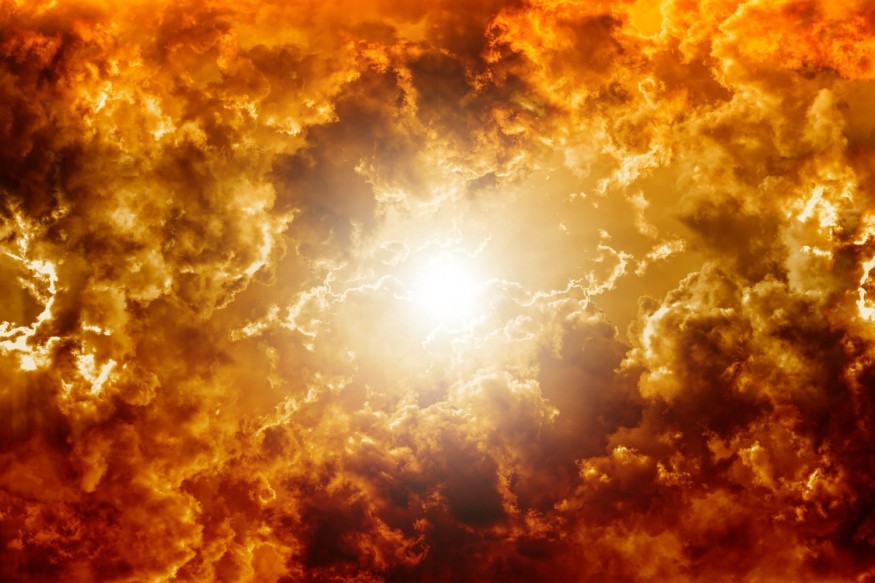
According to the Daily Star, earth could experience a huge solar storm that is as powerful as one billion hydrogen bombs. Just last week, the earth released x-class fares, as reported by SciTechDaily. This led astronomers to issue cautions and warnings.
The Daily Star notes how this is among the most powerful flares that the sun is capable of making. It just missed earth by a small margin.
ALSO READ : Solar Flare Results In Geomagnetic Storm That May Cause Power Grid Disruption, Railway Collisions on Earth
Solar Storm That Is as Strong as a Billion Hydrogen Bombs
While the flare was quite recent, the Daily Star reports that the particular region of the sun that accounted for the blast may point toward earth once more. In the worst resulting cases, the earth may experience blackouts throughout a whole continent.
Tony Philips, a former astronomer from NASA, notes how considering the complexity and size of this huge region of activity, there is remarkable likelihood that the flares will keep going on.
The specific flare that took place last week led to a momentary radio shortwave blackout across New Zealand and Australia.
Solar Flares: C-Class, M-Class, and X-Class Flares
According to NASA, solar flares are great radiation bursts that result from the expulsion of magnetic energy that is linked to sunspots. They are considered the biggest events of explosion across the entire solar system.
There are different kinds of solar flares, but they are generally grouped into three categories. The smallest ones are called C-class flares. According to the European Space Agency, this type of flares lead to hardly noticeable effects across earth.
Its slightly stronger counterpart is called the M-class flares. Such flares have a medium size. Generally, they lead to short radio blackouts within the polar regions of the planet. At times, these flares are followed by small radiation storms.
The biggest and most major type of flare is the x-class flare. According to Newsweek, x-class flares are the strongest solar flare type. They have the capacity to result in radio blackouts throughout the entire planet. They may also cause radiation storms when they come to earth.
Solar flares differ from each other in terms of coronal mass ejections or CMEs. According to the European Space Agency, these CMEs were initially perceived to be brought about by solar flares. The CMEs are huge gas bubbles that have magnetic field lines threaded along it. They get expelled by the sun for many hours.
Though some of these have flare accompaniments, it is revealed that the majority of the CMEs are not linked to flares.
This leads to great implications when it comes to knowing and projecting the impacts of solar activity upon space and earth. When CMEs and earth collide, a geomagnetic storm could result.
Check out more news and information on Space in Science Times.
© 2026 ScienceTimes.com All rights reserved. Do not reproduce without permission. The window to the world of Science Times.











